Inspiring tech revealed at this year’s Microsoft Research Latin America Faculty Summit
2 min. read
Published on
Read our disclosure page to find out how can you help Windows Report sustain the editorial team. Read more
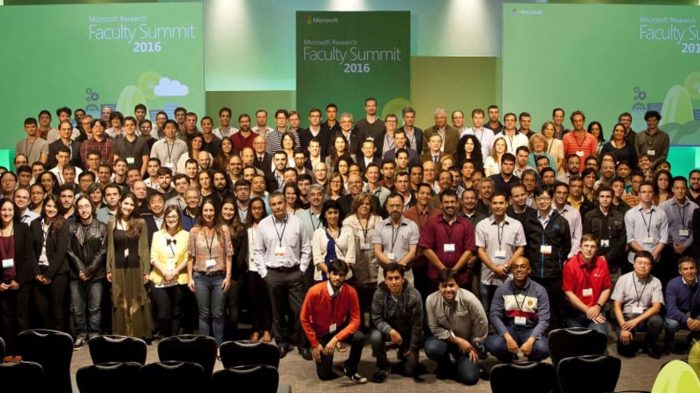
The Microsoft Research Latin America Faculty Summit has just celebrated its 10th year and Microsoft Research Latin America and the Caribbean’s director, Jamie Puente, has reflected on his experience and the conference as a whole in a recent blog post.
In it, he talks about how seeing the recent summit in Rio de Janiero a week ago reminded him of the original excitement he felt when planning the creation of the event over a decade ago and also on his appreciation of the more recent announcements he had just heard.
Among his personal highlights were Project Premonition, which can use cloud computing and AI to prevent the spread of diseases such as Ebola and Zika. Another favorite of his was Ability Eye Gaze whose technology can be used to improve the lives of individuals with severe motor impairment.
Something Puente was particularly proud of was Microsoft’s numerous collaborations with Latin American universities, research organizations, and other institutions. “One of the collaborations that has yielded some profound results in Brazil is the one we have with the Sao Paulo Research Foundation (FAPESP),” he explains. “Since 2006 our joint venture, the Microsoft Research—FAPESP Virtual Institute for IT Research, has supported research that includes efforts between researchers in ICT fields and their colleagues from others areas of knowledge, such as biodiversity, energy, environment, healthcare, education. With FAPESP, we’ve invested in 22 research studies and supported 63 student fellowships. These projects and fellowships share an important distinction: Every one of them is geared toward addressing social and economic developmental needs of the region. The notion that—in addition to our commitment to science, we have an obligation to support the application of science to improve lives—that is significant.”
The 2016 Microsoft Research Latin America Faculty Support ran from the 18th to the 20th of May and is likely to continue next year. For breaking news on Microsoft from all around the world, make sure to check WinBeta.
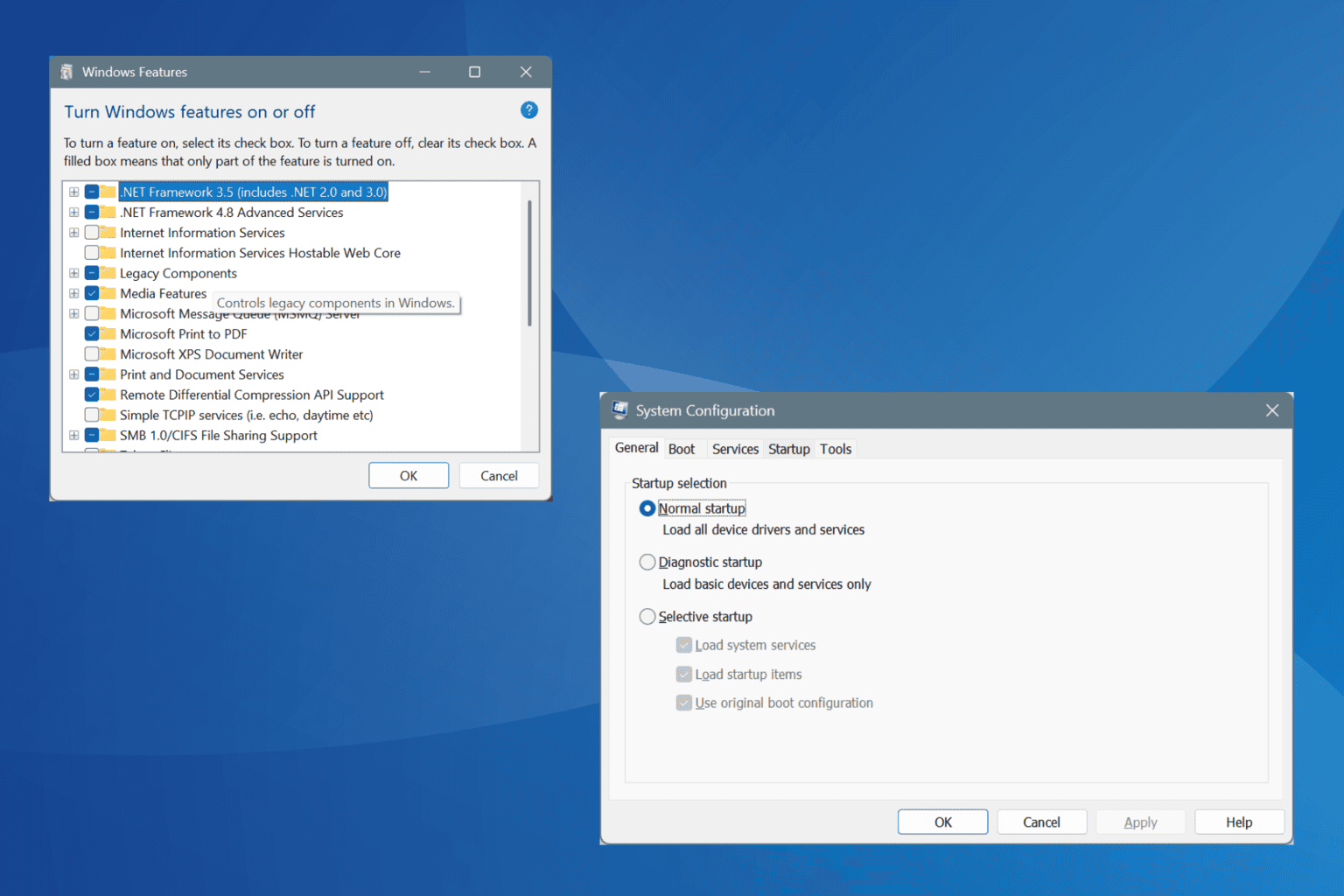
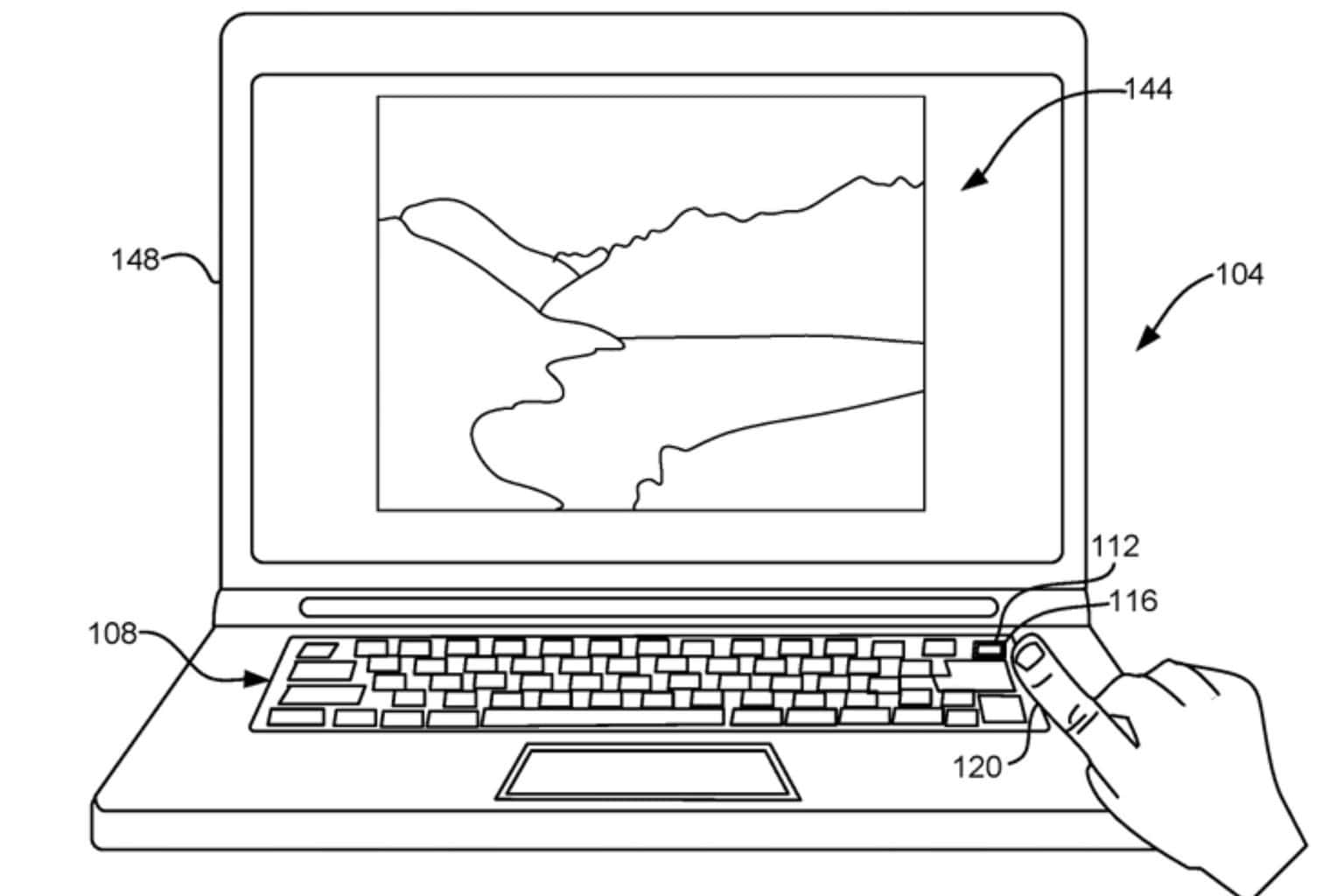
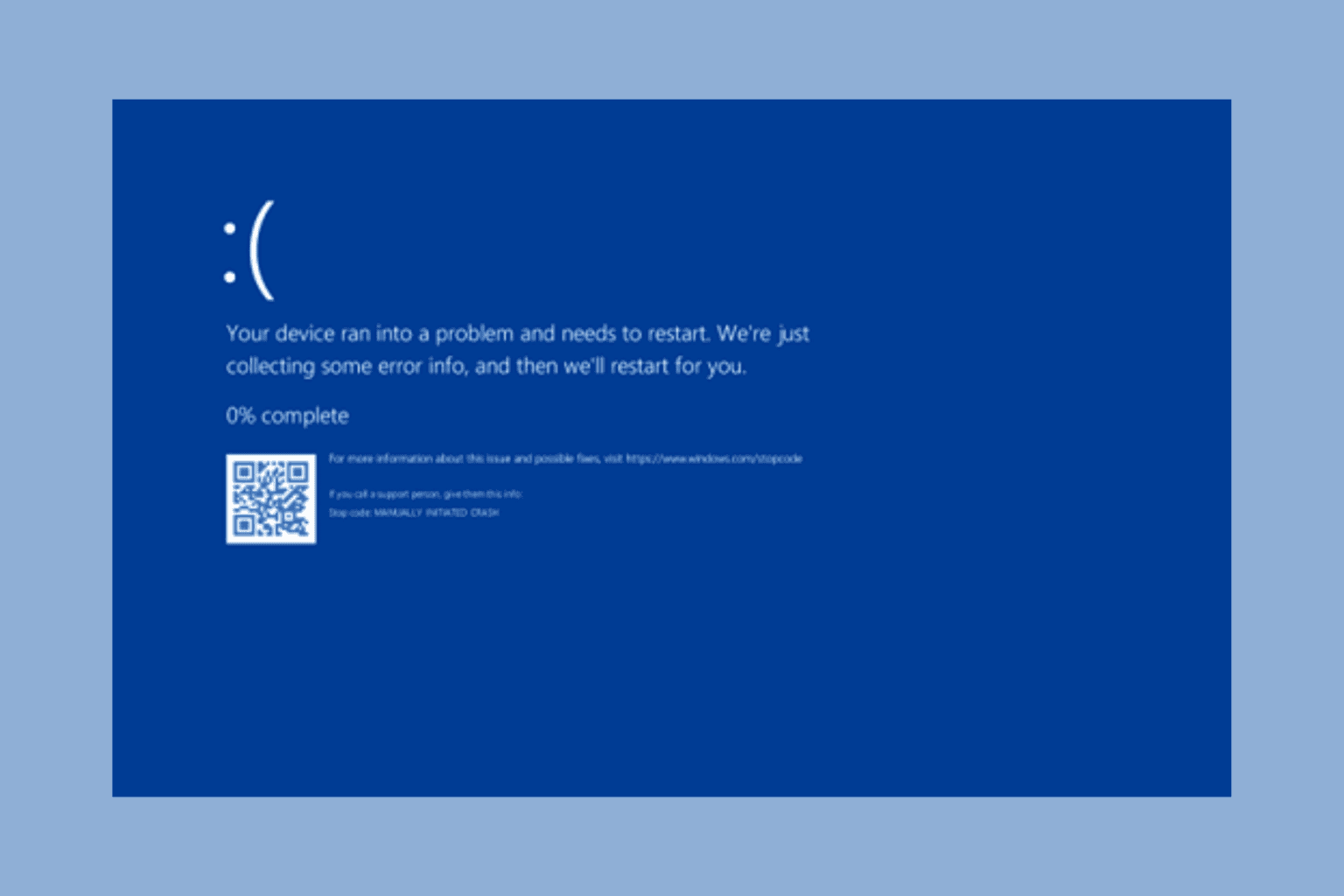
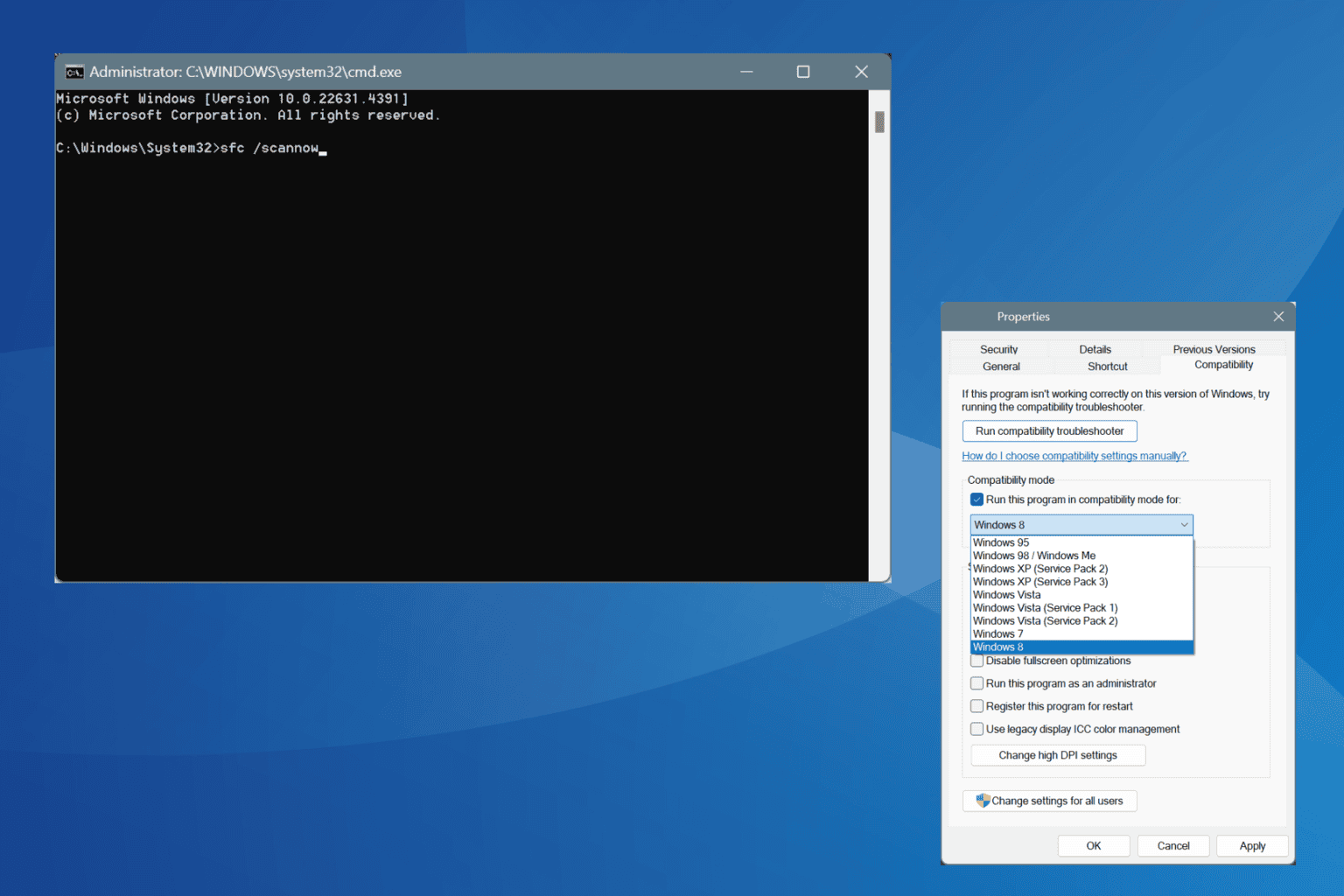

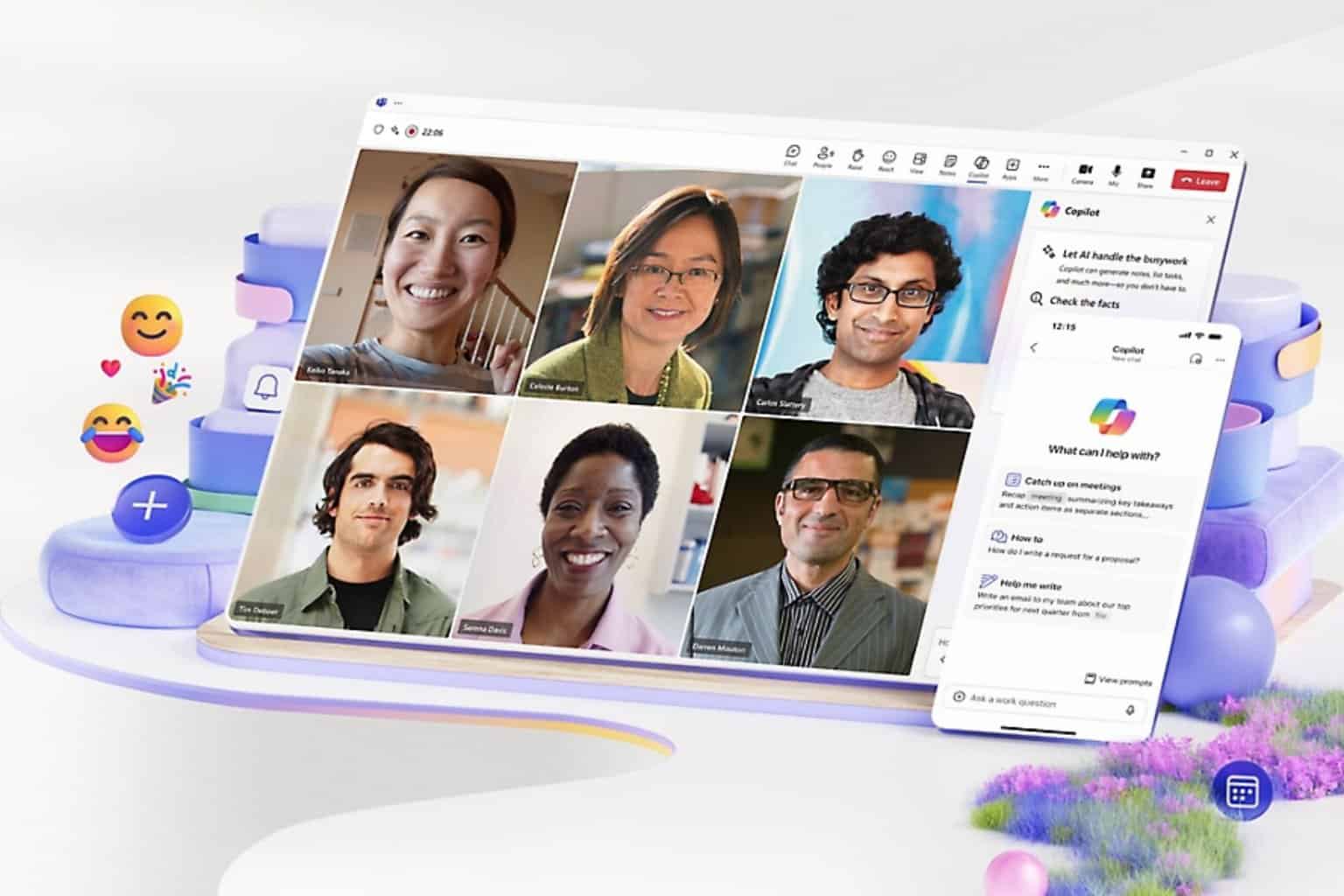
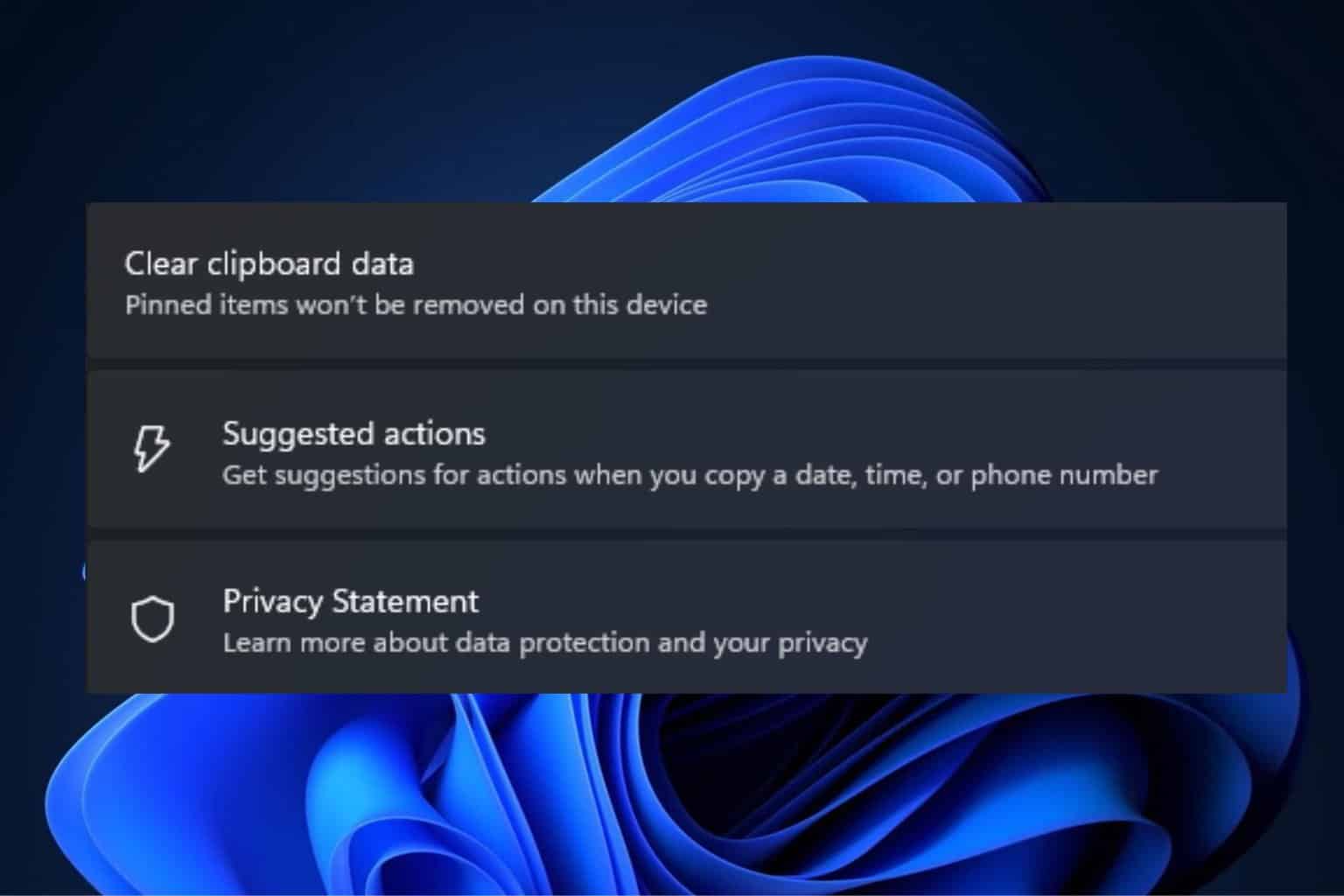

User forum
0 messages